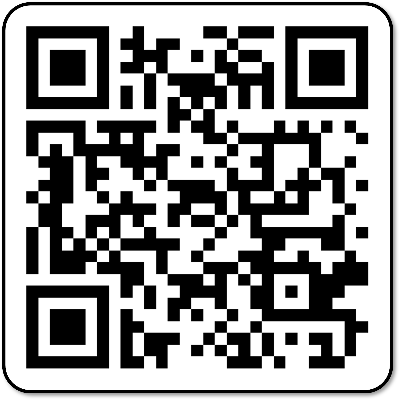Understanding the Challenges of New Year’s Day
- Dec 27, 2024
- 2 min read
Updated: Jan 3
For many, New Year’s Day celebrations evoke images of fireworks lighting up the night sky, loud cheers, and jubilant festivities. However, for some combat veterans, these seemingly joyous displays can trigger deeply distressing memories tied to their service. The sounds of fireworks, resembling gunfire or explosions, can evoke Post-Traumatic Stress Disorder (PTSD) symptoms, creating a stark divide between civilian revelry and the inner battles veterans may face.

Combat veterans often return home carrying the invisible scars of war. For those with PTSD, loud noises, sudden flashes of light, or the unexpected nature of fireworks can induce anxiety, panic attacks, or flashbacks to traumatic experiences.
Imagine a veteran sitting in their living room when, without warning, a loud firework bursts outside. To many, it’s a fleeting moment of celebration. To the veteran, it might feel like they are back in a war zone. These reactions are not voluntary; they stem from the brain’s natural response to perceived threats, shaped by experiences in combat.

The gap between civilian and military life can feel wide, but compassion and understanding can help bridge it. Small acts, like being mindful of how and where fireworks are used, can make a world of difference to a veteran in your community. Here are a few ways to foster a more inclusive celebration:
Communicate by informing neighbors and community members of planned fireworks displays, so veterans can prepare or make arrangements to avoid distress.
Consider alternatives to fireworks, such as silent light displays, community bonfires, or music events.
Engage in dialogue and open conversations about the challenges veterans face. Understanding their experiences fosters empathy and promotes collective responsibility.
Spread awareness by sharing information about how fireworks can affect veterans, encouraging others to celebrate responsibly.
The Bible calls on us to show compassion and understanding to those in need. Galatians 6:2 reminds us, “Carry each other’s burdens, and in this way, you will fulfill the law of Christ.” By being mindful of how our actions impact others, we honor this teaching and embody Christ’s love.
Similarly, Romans 12:15 urges, “Rejoice with those who rejoice; mourn with those who mourn.” This verse highlights the importance of shared empathy—celebrating while remaining sensitive to the pain others may carry.

New Year’s Day is a time to reflect, unite, and celebrate the hope a new year brings. By choosing thoughtful ways to celebrate, we can create a more inclusive environment that respects veterans' sacrifices. Compassionate actions ripple outward, fostering stronger, more connected communities.
So, as the clock strikes midnight and the year begins anew, let us carry forward the values of empathy and understanding. In doing so, we honor our veterans and fulfill a greater calling to love and care for one another.













Comentários